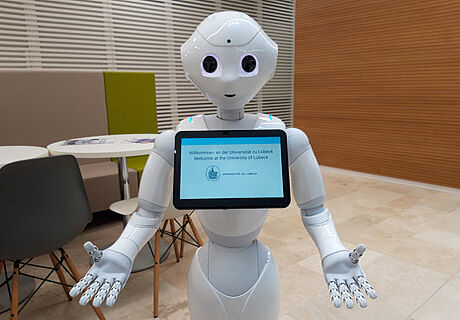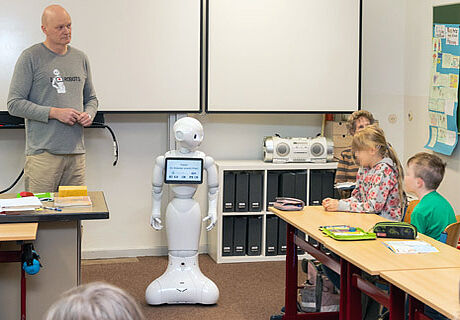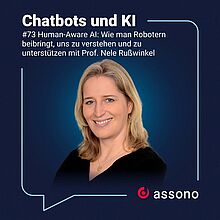Welcome
The Institute of Information Systems (IFIS) is one of the Institutes of Computer Science at the Department of Computer Science and Engineering at the University of Lübeck and was established in 1993 under the leadership of Prof. Dr. Volker Linnemann as the first Computer Science Institute at the University of Lübeck. Prof Dr. Ralf Möller headed the institute from 2014-2024 and Prof. Dr.-Ing. Nele Rußwinkel took over as head of the institute in February 2024.
Well-Founded Artificial Intelligence (well-founded AI) is the central object of research at IFIS. Within this framework, we investigate principles that are fundamental to intelligent systems with provable properties. It is not just a matter of somehow experimentally generating a certain impressive functionality (however fragile) with basic models, as is so often attempted at present, but – building on basic models, but also with reference to relational, non-embedded probabilistic or energy-based structures – to derive understandable architectures with formally tangible properties in order to create intelligent systems that are useful for all people.




